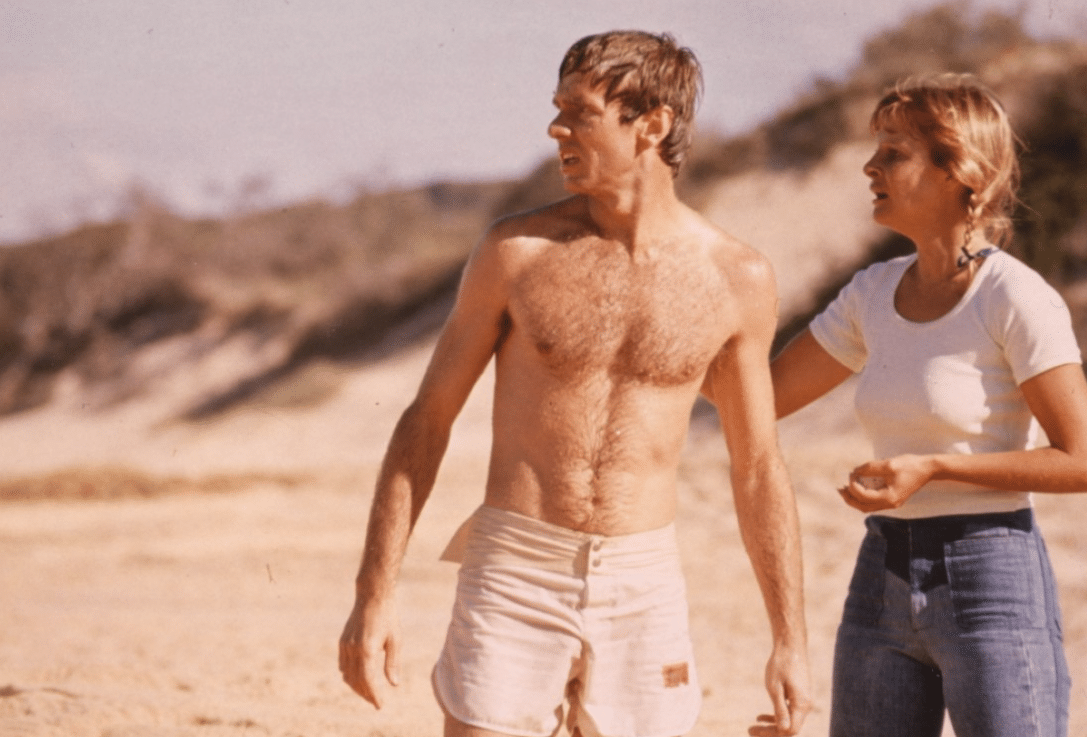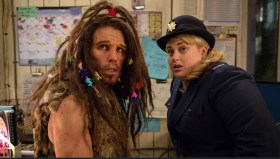If you’ve been on social media recently, you might have noticed a lot of talk about orcas. Since 2020, orcas in the Strait of Gibraltar have been attacking yachts, sinking three since last year. Marine scientists theorise that, since orcas are prone to ‘fads’ in behaviour, it is currently in fashion to damage yachts, just as it was once on trend to balance dead salmon on their heads. If they had smartphones, orcas would be incredible on TikTok.
Even though yacht destruction is not much more than an orca version of the Grimace Shake meme, online discussion would have you believe that orcas have waged war on humanity. Orcas have become an avatar for human frustrations at wealth inequality, with some Twitter users giving the orcas suggestions for which yacht to destroy next.
Eco-horror
In fiction, the idea of nature taking revenge is a popular enough theme to have its own subgenre: eco-horror. Eco-horror is, briefly, horror that looks to the natural world for its source of terror and points to human-made ecological damage as the cause. Nature is not just attacking as it does in Jaws (1975) and its many imitators, it’s striking back, getting revenge for human arrogance and cruelty.
From Razorback (1984) to Howling III: The Marsupials (1987), Australia has produced more than its share of eco-horror films, and it’s hardly surprising. A lot of damage has been done to the environment in a relatively short amount of time, between feral animals and deforestation this destruction is wrapped up in the larger injustices of colonialism.
Read: Horror films: are these the scariest ever made?
Not only that, but nature itself is scary. The bush is easy to get lost in and extremes of temperature make getting lost dangerous even before you encounter venomous snakes and spiders. It’s little wonder how many Australian horror stories (fictional or real) are about people who went into nature and didn’t come back.
Crimes against nature
‘Their crime was against nature,’ reads the poster for the 1978 film Long Weekend, ‘nature found them guilty’. The guilty parties in question are Peter (John Hargreaves) and Marcia (Briony Behets), a couple who take a camping trip to a secluded beach in an attempt to save their crumbling marriage. On the way, Peter, distracted by cigarette smoke in his eyes, hits and kills a kangaroo, a moment of carelessness that foreshadows the tragic events to follow.
The ‘crime against nature’ that they commit is hubris. Peter and Marcia think they can bend nature to fit their desires: Peter cuts down a tree for no reason but that he can, and Marcia repeatedly sprays insecticide on the ground.
When Peter is out surfing and thinks he sees a shark, he grabs his gun and fires wildly into the water until he sees blood in the waves. Later, a dead dugong washes ashore and Peter realises it was not a shark he shot, but he doesn’t take responsibility. ‘You poor old lady,’ he says, as though her death was an act of fate and not a result of his actions.
Nature does fight back in the form of the ducks that swarm the car as Marcia attempts to leave or the dead dugong that is somehow closer to the campsite every time they see it, but in the end they are killed by things they brought with them.
Just as he killed a dugong he thought was a danger to him, Peter gets startled and accidentally shoots Marcia with a harpoon gun. Just as Peter ran over a kangaroo, he becomes roadkill when a truck driver is distracted by a cockatoo that flew in the window.
Earth revenge
Eco-horror places human-made environmental degradation front-and-centre by embodying the damaged earth in something that is mad at you. Yes, you specifically. The earth is out for revenge and kind of deserves it.
The trouble with this kind of narrative, especially if you watch half a dozen eco-horrors in a row like I did last weekend, is that it’s very bleak. Taken together, eco-horror films can give the impression that the damage is done and there is nothing we can do except let that freaky dugong kill as many campers as it likes. This is a message that Carnifex (2022), refreshingly, does not settle for.
Carnifex follows aspiring documentarian Bailey (Alexandra Park), into the rainforest with two forest rangers, Grace (Sisi Stringer) and Ben (Harry Greenwood). Much of the film’s focus is the natural world and its vulnerability.
Grace and Ben are looking for evidence of endangered wildlife, which would give the forest government protection from logging, while Bailey has been inspired by the 2020 bushfires to document the natural world before it is destroyed. The group find the endangered species they are looking for when they encounter a thylacoleo carnifex, the long-extinct tree-dwelling megafauna that might have been the basis for the drop-bear myth.
Read: Talk To Me: early review roundup of A24’s Australian horror
Something I appreciate about Carnifex is that the titular carnifex isn’t evil, isn’t out for revenge, it’s just hungry. Carnifex makes it clear that human interference created the problem, deforestation has destroyed the carnifex’s usual hunting ground and moved it closer to humans.
Nature isn’t fighting back, exactly. Nature is just doing what it has always done.
Are yacht-destroying orcas working-class heroes fighting the bourgeoisie? Or are they just animals being animals? What makes Long Weekend so memorable is that as much as the forest could be messing with Peter and Marcia, they might just be inexperienced campers whose hostility toward each other is reflected in the environment. Carnifex shows a natural world through the eyes of people who want to protect it even when it kills their friends, and those who survive do so by understanding the danger they have gone into.
Read: What to watch in July: new to streaming, cinemas and film festivals near you
As satisfying as a good revenge story can be, the catharsis it engenders shouldn’t be the end of the story. The message to take from an eco-horror film, even the bleakest, is one of hope. If human carelessness caused the problem, then human conscientiousness is the solution.
So at the very least, don’t kill every shark you see – you never know when it might turn out to be a dugong that stalks you from beyond the grave.
Long Weekend is available to stream on Amazon Prime Video AU. Carnifex is available to stream on Binge.





